A common call this time of year is for a group of spring calves doing poorly at grass. This year alone, I’ve seen five such groups and the current spell of inclement weather is not helping.
Several factors can play a part and often more than one challenge is present. Diseases such as pneumonia, gut worms and coccidiosis can be involved, but nutrition and an underdeveloped digestive tract, along with lack of shelter and wet weather, also play their part.
Remember, calves are born with a simple digestive tract and, under optimal conditions, it takes them three months to go through the pre-ruminant phase of their lives and develop the four-stomach system that allows them to ferment and digest complex carbohydrates.
Good calf rearers know the importance of good colostrum management, housing, nutrition and avoiding major disease setbacks to help the calf succeed.
Dairy replacement calves have the added burden of needing to grow quickly enough to be a minimum of 60% of mature body weight for breeding at around 15 months.
Farmers who purchase a group of calves from different farms through the mart or directly off farms can face a different challenge, with animals of differing immune status mixing together, creating a situation where the calves get exposed to new disease such as IBR or RSV, respiratory viruses which were not on their farm of birth and from which they didn’t get any protection through their mother’s colostrum.
Coccidiosis, clinical and subclinical, is often found in affected calves. Coccidia can survive at pasture and, as many farms use the same fields for calves year on year, a build-up can occur.
The importance of feeding calves concentrates during their first season at grass should never be overlooked. The return on investment far outweighs any cost.
Grass quality plays a role. Lush grass, such as aftergrass, is often seen as ideal for calves. Clean pasture provides calves with a low parasite challenge. Yet we often see calves doing poorly on the best of grass, especially during wet weather. Is it that their digestive tract is not developed enough to digest this feed, and that rapidly fermented feeds cause a degree of acidosis in these calves? More stemmed grass gives the calf more fibre in their diet promoting rumination. Talk to your vet if this rings a bell.
Jerry Crowley works at Glenbower Veterinary Group, Killeagh, Co Cork. Glenbower Veterinary Group is part of XLVets. XLVets is a group of progressive practices who are working together to achieve a better future for agriculture and veterinary in Ireland. For information, see www.xlvets.ie.



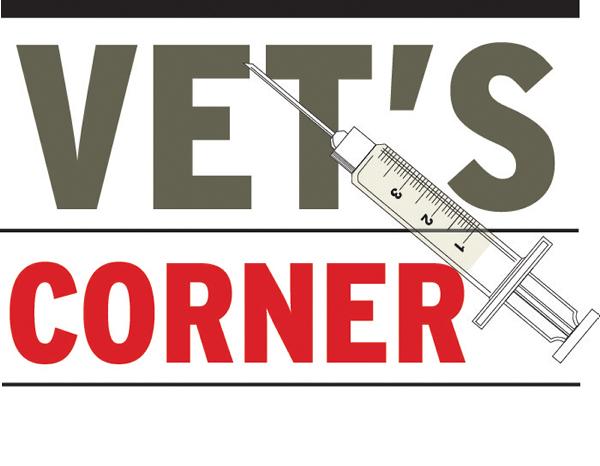
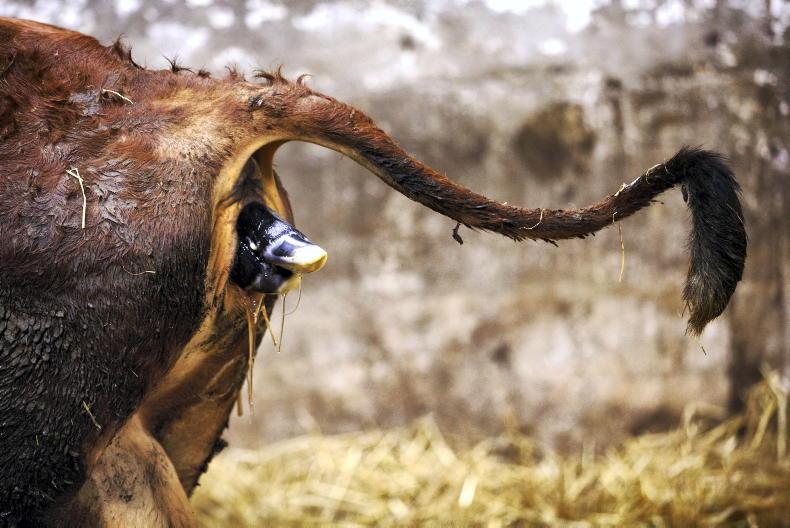
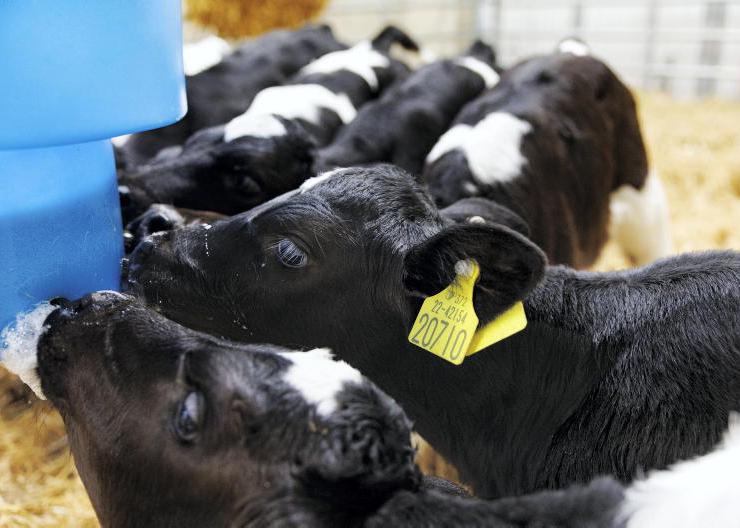
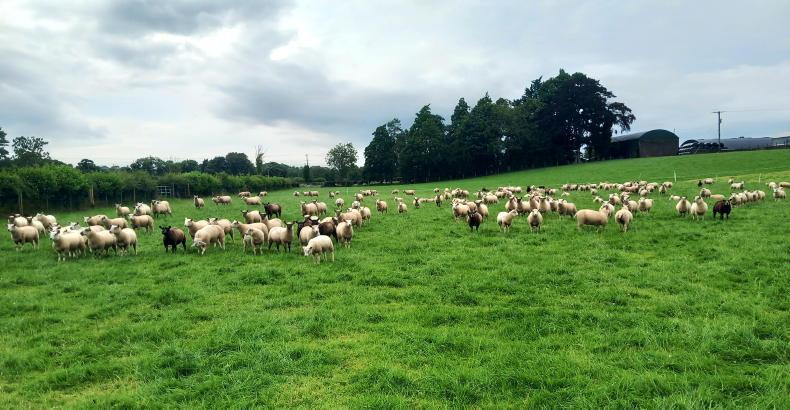
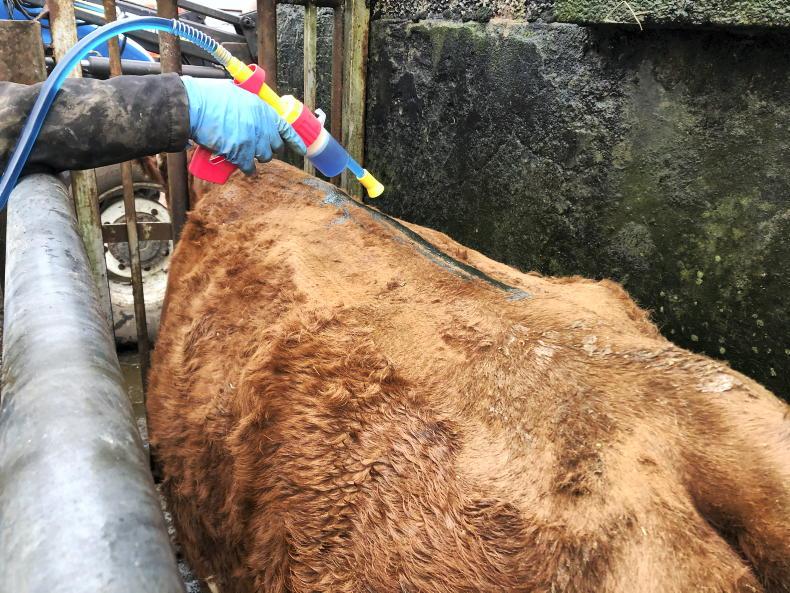
SHARING OPTIONS